In Adventure Time‘s “The Diary,” Jake and TV become engrossed in an unfinished diary and puzzle together its unwritten conclusion. It’s the eponymous time again!
Along with Tina’s ‘friend-fictions’ in Bob’s Burgers, the Fionna and Cake episodes brought fanfiction to the forefront of public consciousness, in a surreal and hilarious way that embarrassed many viewers. But in these now-infamous genderbent episodes, there’s a stigma against fanficcers; the man behind Fionna and Cake fictions was none other than Ice King, and that’s a hefty insult in Adventure Time-speak. “The Diary” works against that energy and explores fantasy as not just a valid method of self-discovery and socialization, but a necessary and brave one.
“The Diary” centers on TV Rainicorn, whose overly basement-dwelling ways have Lady Rainicon concerned for the rotundest of her half-dog/half-Rainicorn children. TV (coincidentally, voiced by Dan Mintz, also the voice actor for Tina Belcher) doesn’t look too happy battling Silver Dragons in a desktop RPG, or rather, running away from them in-game. In one of his more astute moments as a parent, Jake sends him on a chocolate bar errand to the Candy Kingdom to get him out of the house.
TV interacts with the outside world much as he does in video games, teleporting and invisibilizing to avoid all forms of social contact. Under the Candy Kingdom chocolate bridge in the waters, he discovers a diary wrapped in plastic, and spends the day entranced with the goings-on of a teenage every-girl named B.P.
Despite being exquisitely written as an imitation of a teenager’s diary, the narrative is completely cliche, and that’s what’s fantastic about it—even though it’s the most basic checklist of pubescent growing pains ever (acne, social anxiety, angst), there’s still something compelling about it, both to the viewer and TV. Compared to the pixelated plains and beasts of his computer game, TV finds something incomparably dramatic in stories about Sloppy Joes and popular girls, and that gives us a sense of the preciousness of ordinary life as something that can match, or eclipse, anything the imagination can contrive as an escape.
TV eventually reaches a point in the diary where B.P’s supposed to meet her sorta-boyfriend Justin at LoveTree Point, but there the writing ends and pages are torn out. The anxiety of the unfinished story is too much for him to bear, and so TV returns to the Candy Kingdom riverbed to try and re-enact B.P’s mental state in order to complete it.
That TV can be so affected by the incomplete narrative speaks volumes about his mental state; in B.P. he finds a proxy for his own unlived life spent in fantasy , and the idea that her hormonal odyssey can lead to nothing just exacerbates his fear of non-identity, which is arguably the basic adolescent fear. Over and over again, B.P. voices her own sense of insignificance compared to the social monarchy of her friends Taffy and Mochi, and her inability to deal with everyday circumstances.
The writing of the diary is a statement of significance—writing on the page becomes a statement, and writing one’s life is a statement of personal significance. Even if B.P. hadn’t felt that way at the time of the writing, TV certainly feels it in his obsession with her diary; it’s the diary’s status as a self-affirmation that fascinates TV, who’s clearly running from his own situation, and his own gaming fantasies don’t seem to help. Lives are their own point in a diary, but in, say, a video game, we aim towards an artificial goal, a contrived victory that’s so external to the self in comparison as to be meaningless. That’s not to say there isn’t any value in enacting a fantasy, as we’ll see later, but as a statement of self, it falls short.
At the riverbed in the Candy Kingdom, TV roleplays B.P’s tossing of the diary, and imagines what her encounter with Justin at LoveTree Point might have looked like. Then the rose on the diary floats off the cover, the diary transmutes into a Sloppy Joe, and TV finds himself in a sea of B.P’s memories as giant personages from her life rise out of it. TV is literally engulfed in the fantasy now, and its conflicts are literally larger-than-life in a beautifully animated, moving sequence.
At Lady’s behest, Jake sets out to find his missing son, which he does, easily—TV’s roiling in the riverbed mud in the night, and is still half-submerged in the fantasy. Here, Jake gets to show his worth as a father where we normally see him as an incorrigible and responsibility-allergic man-child. He pries the diary from his son, flips through it, and agrees that it is, indeed, “juicy.” They discuss the minutiae of the final pages, and contrive theories to explain B.P’s fate, involving a near-fatal attack of hives that disfigures her hand into a crab claw (thus explaining the shifting handwriting), weeks spent hospitalized, and a scene of betrayal at LoveTree Point, where she finds Justin making out with her best friends Taffy and Mochi. At LoveTree Point, they find Justin’s gift to B.P., a music box with mechanical dancing cats inside.
Instead of ripping TV from his fantasy, which’d be something like waking up the sleepwalker, Jake empathizes with his son (which is possible because he’s a fantasizing man-child as well) and accompanies him on an emotional journey that most would find ridiculous and embarrassing, much like fanfiction, and therein lies Adventure Time’s redemption of the activity. TV isn’t just enacting B.P’s drama for amusement, he’s navigating emotional complexes that would otherwise go unexpressed, which is perhaps the most useful and fascinating function of fanfiction. It’s sort of like a counter-factual method of diary-writing in that sense, as an affirmation of values, but through an invented fantasy rather than personal non-fiction.
The most touching moment of the episode comes when father and son break down in tears at the discovery of the music box; Jake moans aloud how B.P. never knew how much she meant to Justin, and to him and TV as well. The pursuit of B.P’s memory has become a metaphor for fanficcing, and in the process, Jake and TV come to a moment of emotional connection that would’ve been impossible otherwise. There’s the socializing aspect of fanficcing, which is something wholly unexpected given the prevailing image of ff-writers, who we often assume look like, well, TV and Tina Belcher—socially awkward undesirables unable to cope, which is so ironic because fanficcing is a coping mechanism in many ways, whether it’s to voice underrepresented groups in mainstream narratives, or to explore non-canonical romantic pairings burning in the mind.
Together, Jake and TV track the music box to its original creator, who conveniently remembers the location of the cottage where B.P. ran to escape from the world. At the cottage they discover medical books and paraphernalia, and a final unsent letter to Justin, detailing her self-exile, how she learned to cure her crab-hand with learned medical techniques, and her true identity: Nurse Betsy Poundcake. As they watch Poundcake rock the operating room from an observation hall, Jake and TV reflect on how she’d turned out strong and fine, despite the fear and uncertainty of her adolescence.
There is a method of psychological therapy, most popularly propounded by famed psychologist Carl Jung, commonly called ‘active imagination.’ It involves an evocation of submerged anxieties and complexes by giving them shape through fantasy, and the process takes a lot of forms, from sculpting to interpretive dance, but one of the most common is to focus on an image from a dream, making it ‘pregnant’ with the imagination, and following the narrative that flows from that focus. If that isn’t a dead ringer for fanficcing, I really don’t know what is.
“The Diary” illustrates this process beautifully, and also distinguishes it from ‘inactive’ imagination,’ represented by TV’s computer game at the episode’s beginning. There is fantasy as aimless escape, that engages with no aspects of the self, and then there is the absolutely essential form of fantasy that allows for self-discovery.
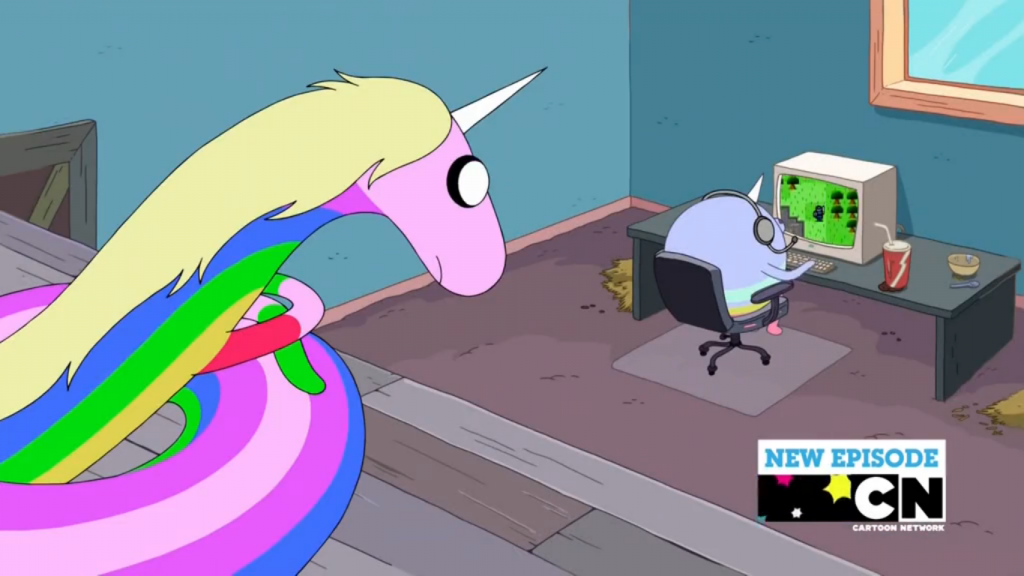
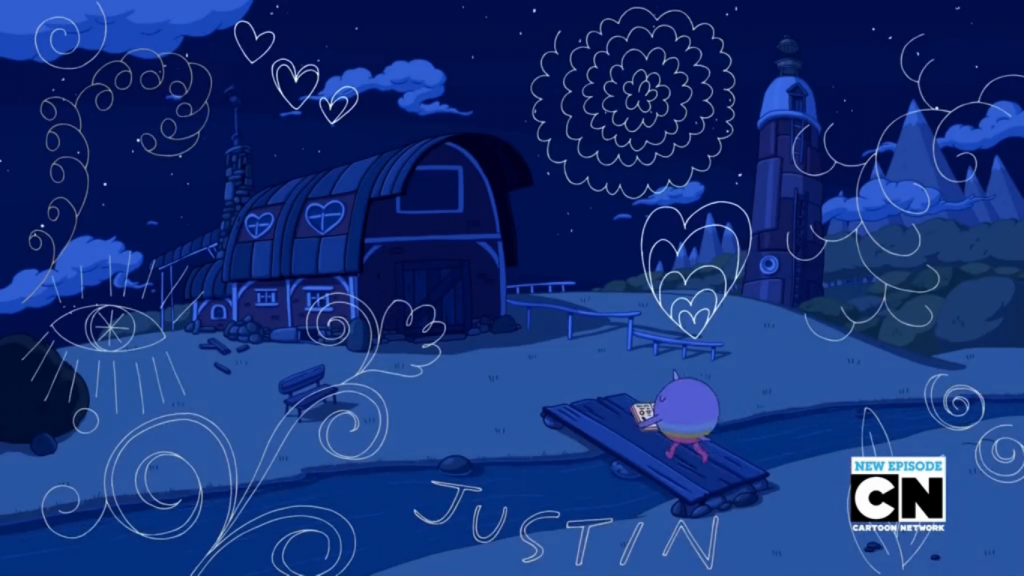
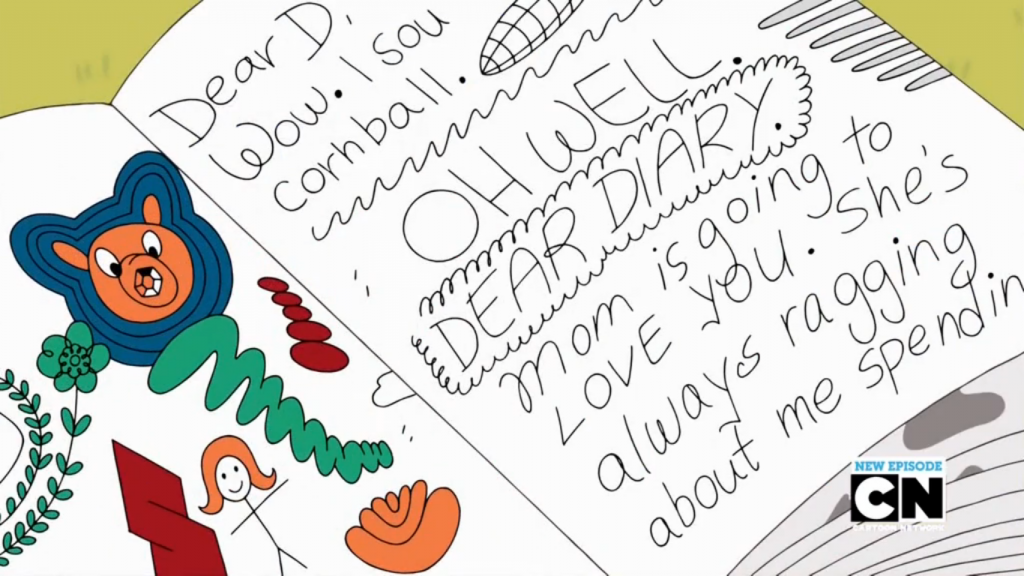
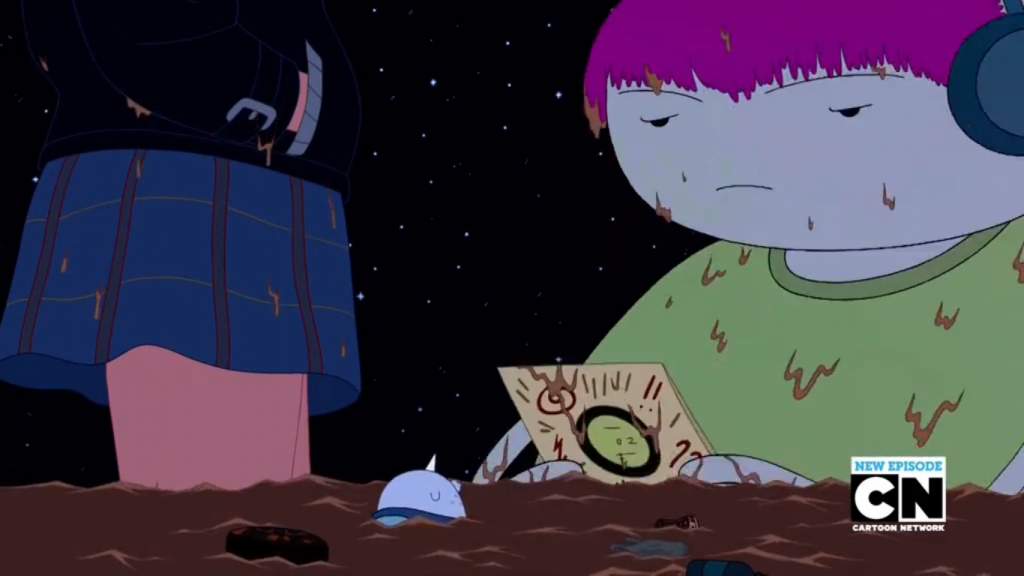
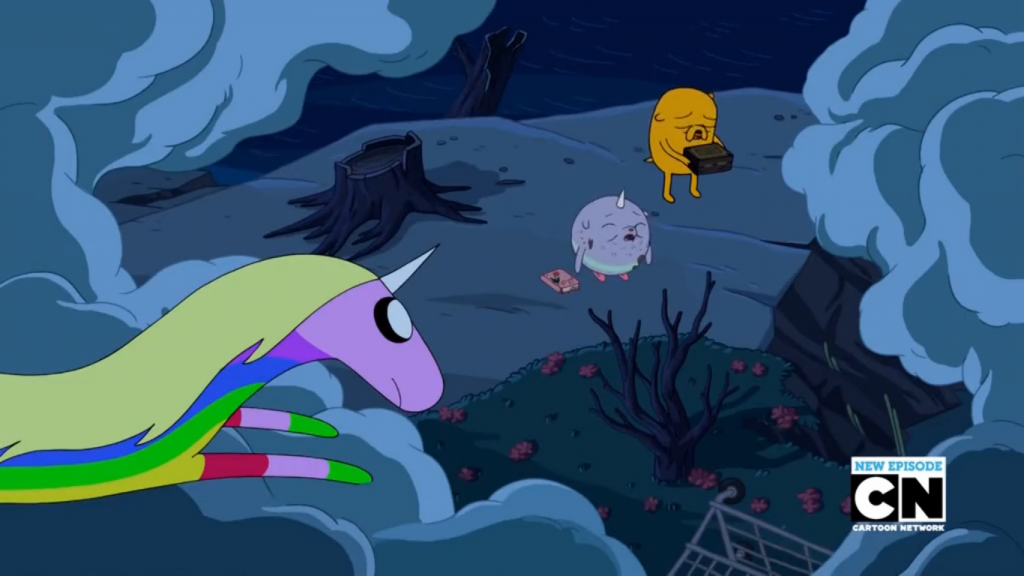
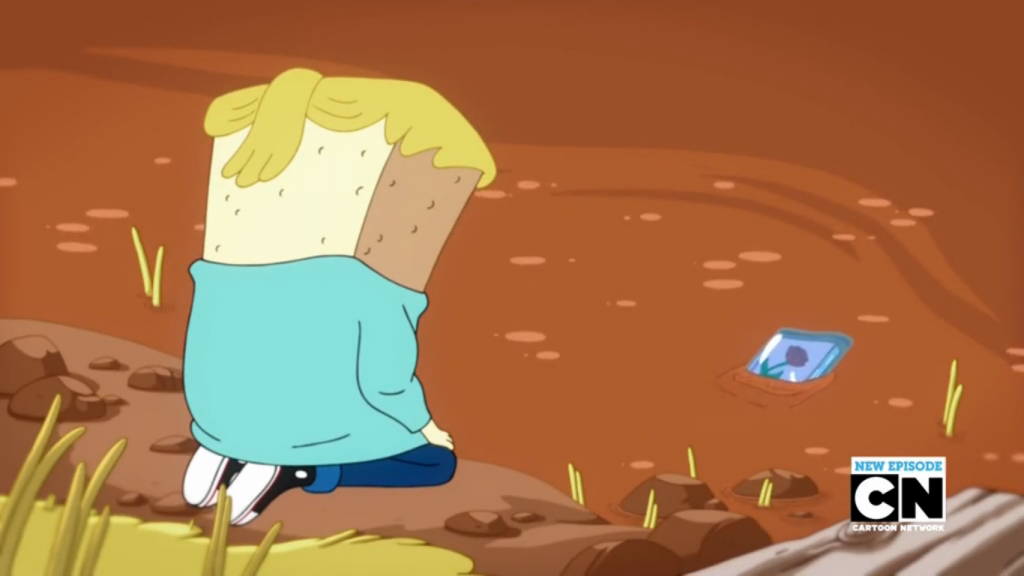

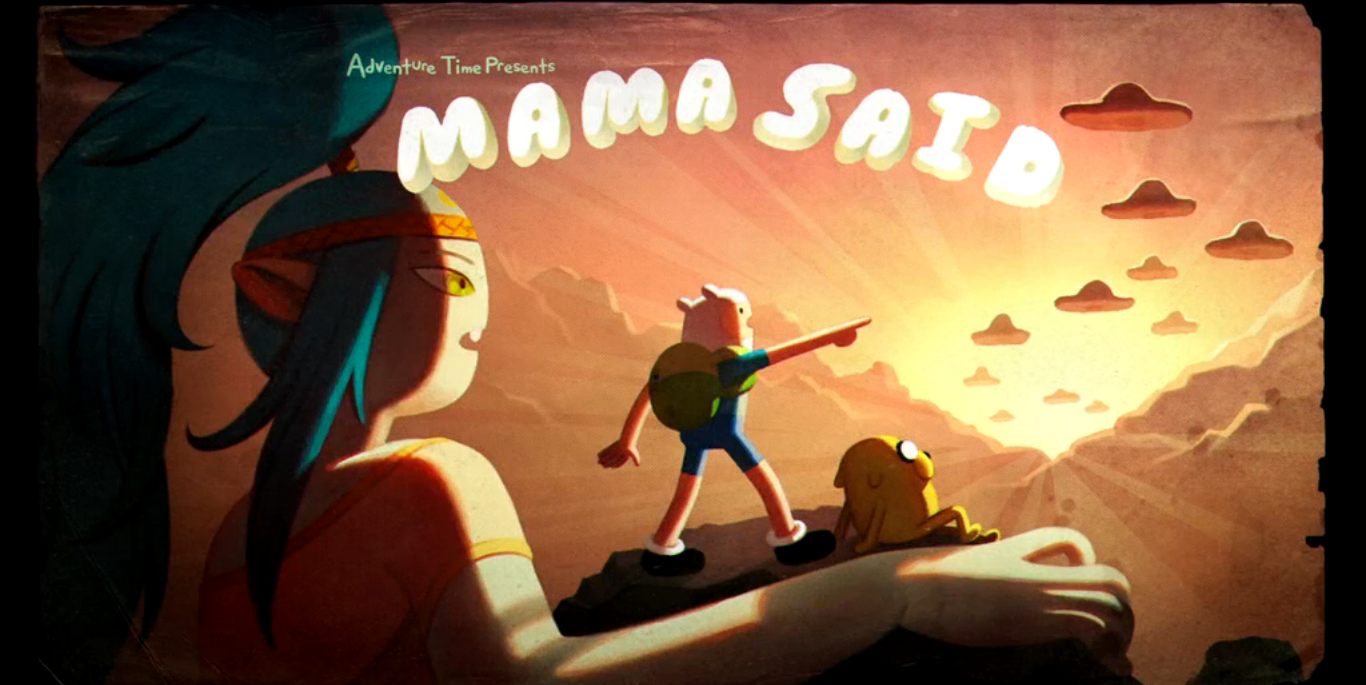

![The Pull List: Suiciders and the Problems of Action Comics [2nd Opinion]](https://overmental.com/wp-content/uploads/2015/02/GalleryComics_V_1900x900_20141200_SUICIDERS-cover1_548a4fa0460cc8.87097442.jpg)
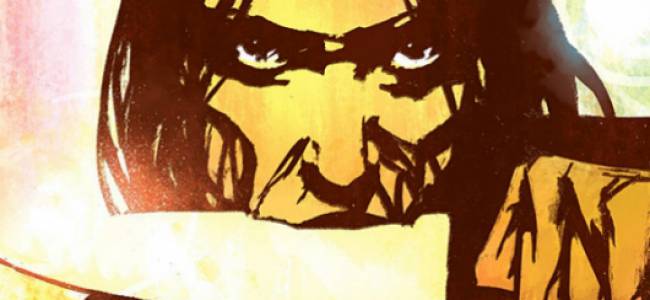
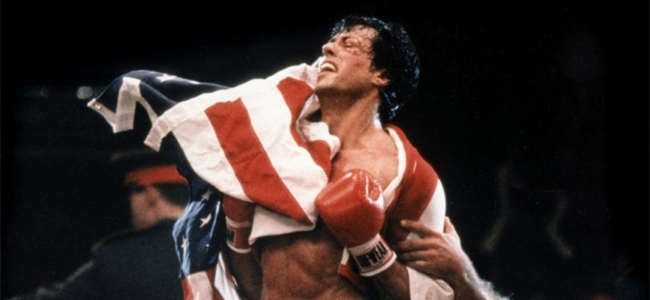
Holy Canoli, this is some of the best writing I’ve ever seen. I first noticed your work when I searched for the meaning of “In Toil We Krimber” featured in the Adventure Time episode of “Walnuts and Rain” and found your annotated article for that episode. I’ve always seen a deeper side to Adventure Time that Pendleton Ward expresses from his soul, but I’ve never seen anyone else who could put together the pieces so accurately or skillfully. The way you write..it inspires me. You have a way of smoothly connecting the context with a lexicon that sends me to the dictionary while maintaining the feeling that you’re not talking down to us. Thank you for this. I’ll be coming back for more. Please write more.
Andrew your analysis is amazing! I hope to read more.
Thank YOU for reading ;0 Also, just FYI, I’m going to start re-uploading articles on older Adventure Time episodes (hopefully 3 a day) so check back under the tag for more stuff!
I just read this entire article out loud to my girlfriend because holy shit it is so applicable to our lives. Thank you for writing this hella awesome piece of Adventure Time analysis!